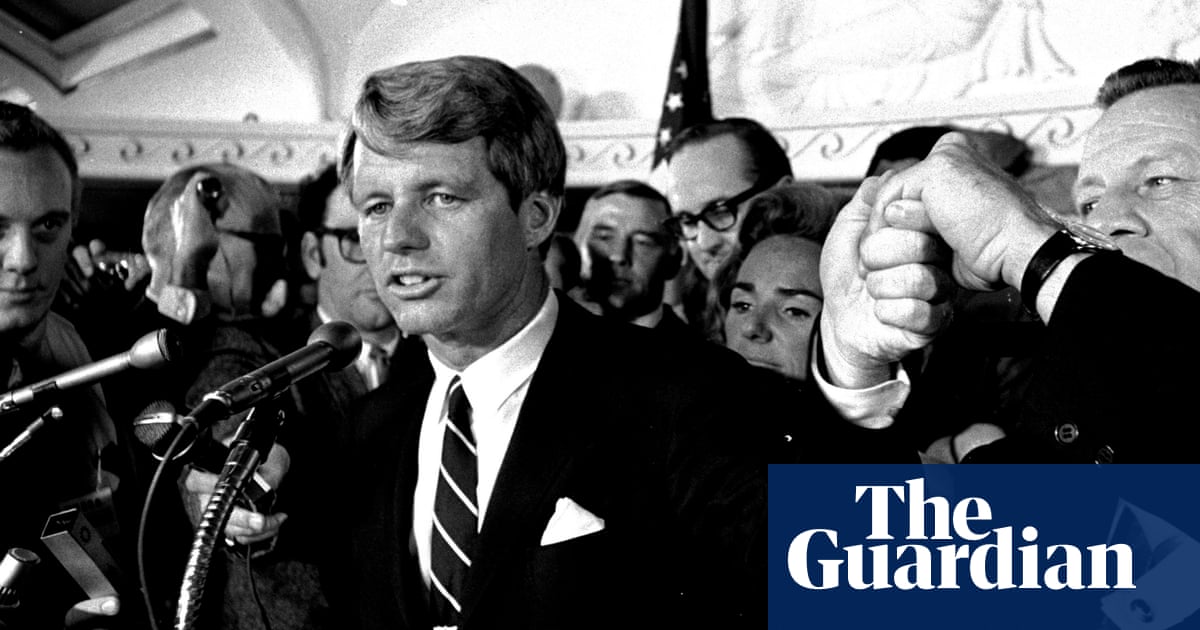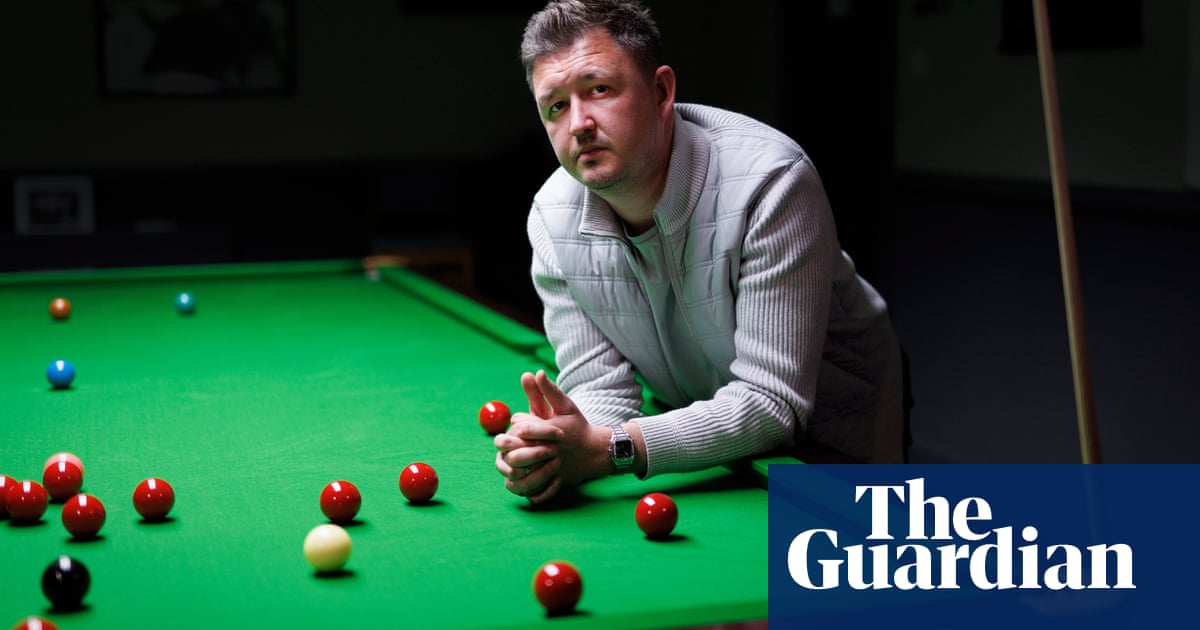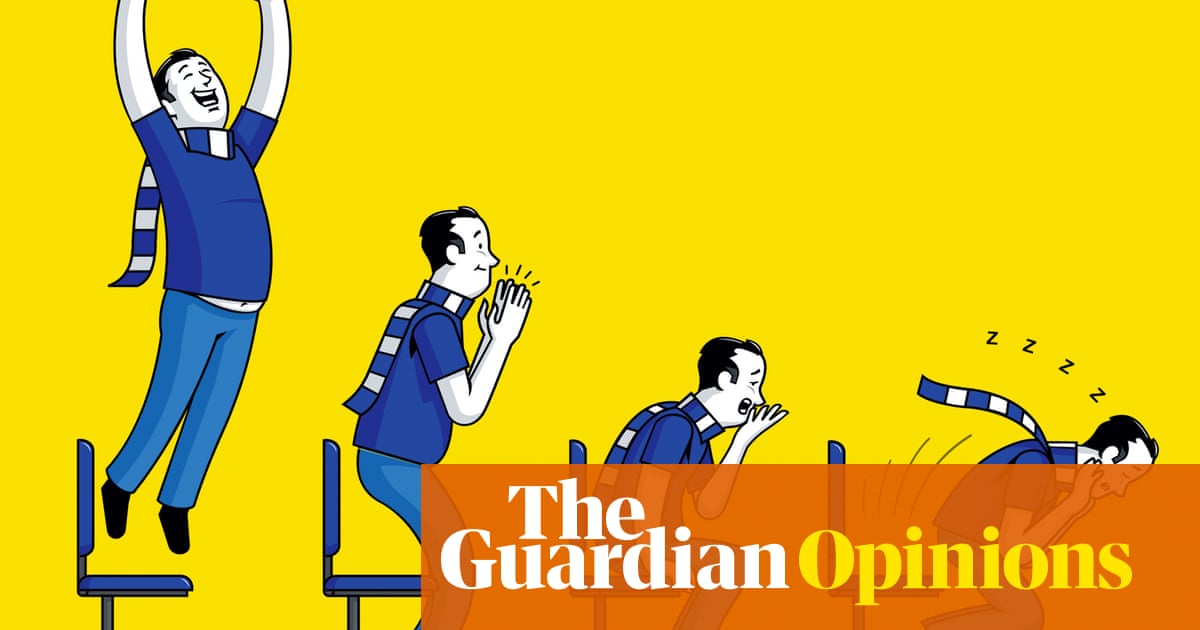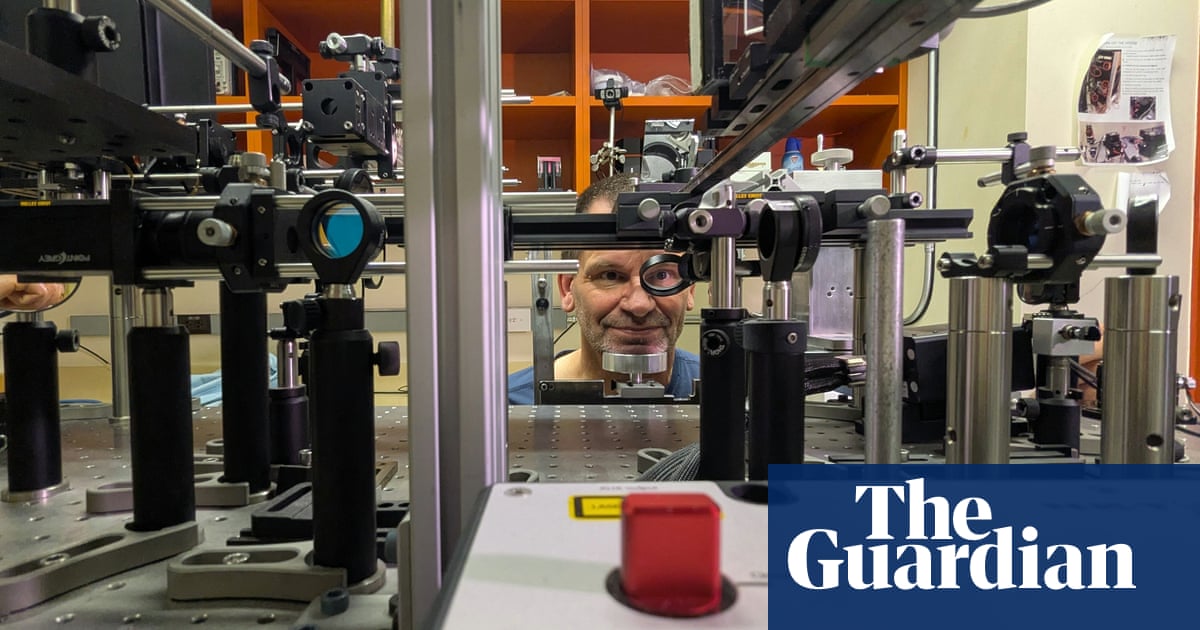One of my earliest memories is watching my mum and dad play the opening level of Super Mario Bros in cooperative mode on the Nintendo Entertainment System. This was the early 1990s, and they were joined at the hip on the sofa, laughing at the idea of two portly plumbers becoming gigantic after consuming copious amounts of magic mushrooms.
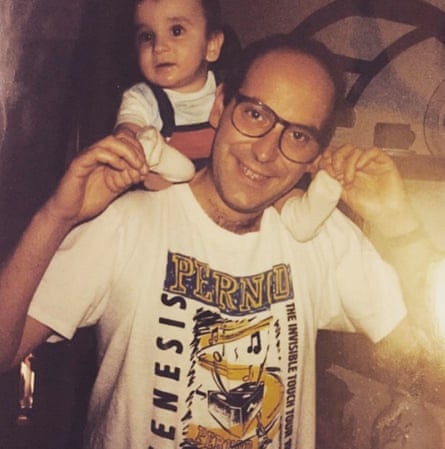
In this moment I sensed their natural chemistry, while the intoxicating mix of 8-bit visuals and perky, synth-heavy music blew my toddler mind. Although it was irritating seeing them constantly fail to jump high enough to hit the top of the flagpole at the end of the level, I remember being transfixed by the TV screen, and I’m pretty sure this was the first time I connected properly with a video game.
I was only four years old when my dad died. It happened suddenly, a heart attack when he was just 37, and I witnessed it on a bike ride ... It left my family for ever broken. But the formative image of dad at his most carefree and in love, clutching a rectangular controller hooked up to a grey slab of Japanese joy, remained. It was something I could utilise whenever my grief became too much. Most importantly, the memory allowed me to visualise my dad as an ordinary human being rather than the tragic myth he later became.
Ours was a working-class household with limited space, so eventually the NES disappeared: no one could work out whether it was gathering dust in an old plastic bag in a relative’s loft, or if it had been accidentally thrown out. So I was shocked recently when my mum unexpectedly handed me the console after finding it during a spring clean. She asked me if I could try to fix it, so that we could keep it in the family.
It had no leads, games, or controllers. It was also filthy with sticky clumps of dirt, particularly around the AV slots, and judging by the rust collecting at the cartridge slot, had serious water damage. After giving it a deep clean, hoovering all the damp dust out of the inside and buying a pricey device that converted the games into HD, I switched it on. Somehow, it still worked. Clearly, like most consumer devices produced in the 1980s, the NES had been built to withstand a nuclear winter should the cold war heat up.
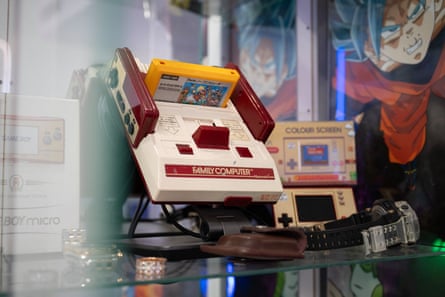
The last few weeks of rebuying games and getting lost in their fuzzy charms have been genuinely restorative for my mental health; a chance to reconnect with my roots. It took me about 15 minutes to figure out how to make a jump on the Fortress level of World 1 in Super Mario Bros 3, with spikes descending from the ceiling just as my squirrel suit was on the verge of flying to the other side. But by working out I simply had to be patient and duck inside a small space to avoid looming peril, rather than blindly rushing forward, I knew I was experiencing the same glorious lightbulb moment my dad would have enjoyed.
I’ve been particularly obsessed with Mike Tyson’s Punch-Out!! Despite the clunky 2D crowd and square-ish dimensions, there’s a genuine dynamism to the boxer’s movement and a feeling that David can defeat Goliath simply by bobbing and weaving and flipping the momentum with a well-aimed jab to the chin. While later boxing games might have been dripping with life-like bodily fluids, I have yet to find one that better replicates the magic of a boxer tasting blood and moving in for the kill than this 1987 NES game.
Double Dragon has also been a revelation. This co-op fighting game gives you a big open space to navigate and – despite the graphical limitations – makes you feel like Bruce Lee: surrounded by foes, but with enough battlefield intelligence to use the environment to your advantage and kick knife-wielding enemies into the dust. With race-against-the-clock tension, one early sequence where you fight a couple of heavies on a moving conveyor belt made me feel like I was in a John Woo action movie.
In these games the lack of a save mode forces you to continuously invest in improving, so the next time you hit the dreaded “Game Over” screen you’re more confident of avoiding the same mistakes. This grift is strangely addictive, and it’s easy to picture my dad taking a quick break after putting baby me to sleep, his mind on the allure of the hard-won achievements at the core of this more patient era of Nintendo gaming.
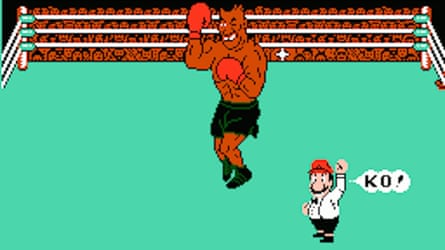
Knowing he would have once had the same smile on his face while playing the NES has made him more tangible in my mind; it’s allowed me to see through his eyes. And, as my two-year-old son experiences his own dad going crazy over firing Flower Power-ups or defeating Dracula Duck during the final boss battle of the family melodrama that is DuckTales, I feel like I’m keeping my father’s energy alive.
Retro gaming is very much on the rise in the UK and US, with many players rediscovering the delights of analogue-era consoles. Playing these old cartridges on the original machines provides a deeper appreciation of the evolution of gaming and it’s an escape from a world that feels far less carefree than the time in which these machines were thriving. Perhaps they also hope to re-ignite the memories of those who’ve passed, to remain connected to the loved ones who once invested their time into these devices.
Rather than letting that old console become a house for spiders in your loft, dust it off, get playing. It might just help you to grieve, or relive a special memory that otherwise could easily have been lost. When I hear the opening chords of the Super Mario Bros theme song, I’m instantly back on that sofa with my mum and dad, smiling, assured that everything is going to be OK.

.png) 2 days ago
7
2 days ago
7




